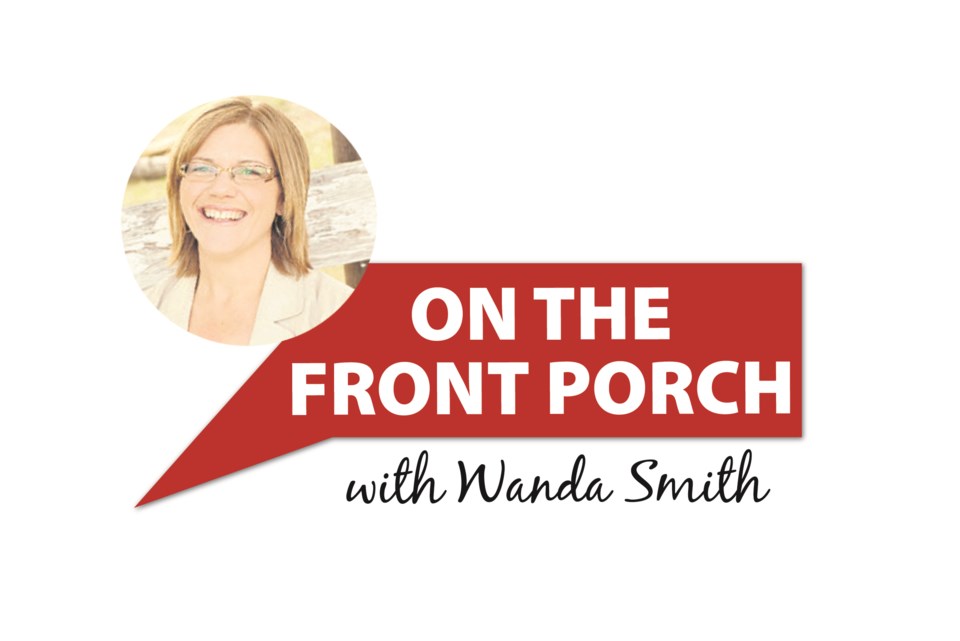As we jump headlong into the Christmas season, I would like to touch on each of the themes of advent: the commemoration of Jesus’ birth and anticipation of His return.
The first week’s theme is “hope.” Hope is not wishful thinking. It is real Bible hope that is based on our covenant with God and the promises in His Word. It is supernatural expectancy. Hope is like a light shining in a dark place. It is the keeping power of God as we walk by faith, not by sight.
There was a man named Henry Wadsworth Longfellow who wrote a poem 156 years ago called, “I Heard the Bells on Christmas Day.” He was no stranger to pain. His son, Charles, left home at 18 years old without telling his family that he was headed to join President Lincoln’s Union army to help fight in the Civil War. Not only did his son leave home, his wife tragically died less than two years prior when her dress caught fire. Henry had tried to put out the fire but to no avail; his wife died the following morning. He was unable to attend his wife’s funeral due to the severity of his burns. Overcome by grief, he was sent to an asylum from time to time.
Charley, now a private in the army, fell ill with typhoid fever and had to return home to recover. Five years later, his son was severely wounded to which Henry was informed by telegraph. Initially, the severity of the wound was alarming, as a bullet was shot through Charley’s left shoulder and exited under his right shoulder blade. He narrowly missed paralysis. Later, a more favorable report came through that he would require at least six months to heal.
Henry was no stranger to loss and pain. Along with tragically losing his wife and his son leaving home then narrowly escaping paralysis, he’d also lost an infant daughter at birth. It was on Christmas Day of 1863 that this 57-year-old widowed father of six children wrote the poem, “I Heard the Bells on Christmas Day.” He sought to bring to light the irony of the Christmas bells ringing “peace on earth” while the earth was full of injustice and violence. He ends the poem with hopeful expectation in the midst of tragedy and pain.
Dear readers, I pray your heart will be filled with hope this Christmas season. Do not look to people, the government or your bank account to build up your hope. Immerse yourself in the promises of God. Stay connected to the Source of all hope! “And (my) hope for you [our joyful and confident expectation of good for you] is ever unwavering (assured and unshaken)...” (2 Corinthians 1:7a)
Father God, I pray that as my dear readers spend time with you, building up their hope, may you confirm your Word with signs following those who believe. Pour out your unwavering hope to let them know that things are turning around in their favor. . May they know their best days are ahead in Jesus’ precious name! Amen.
Just as Henry Wadsworth Longfellow developed his hope amidst the pain, I pray you will rise above the pain to live in confident expectation of who God is and what He has planned for you and your family!
“Do you hear the bells they're ringing? (peace on earth) The life the angels singing (peace on earth) Open up your heart and hear them (peace on earth) Peace on earth, good will to men.”
The views and opinions expressed in this article are those of the author, and do not necessarily reflect the position of this publication.



